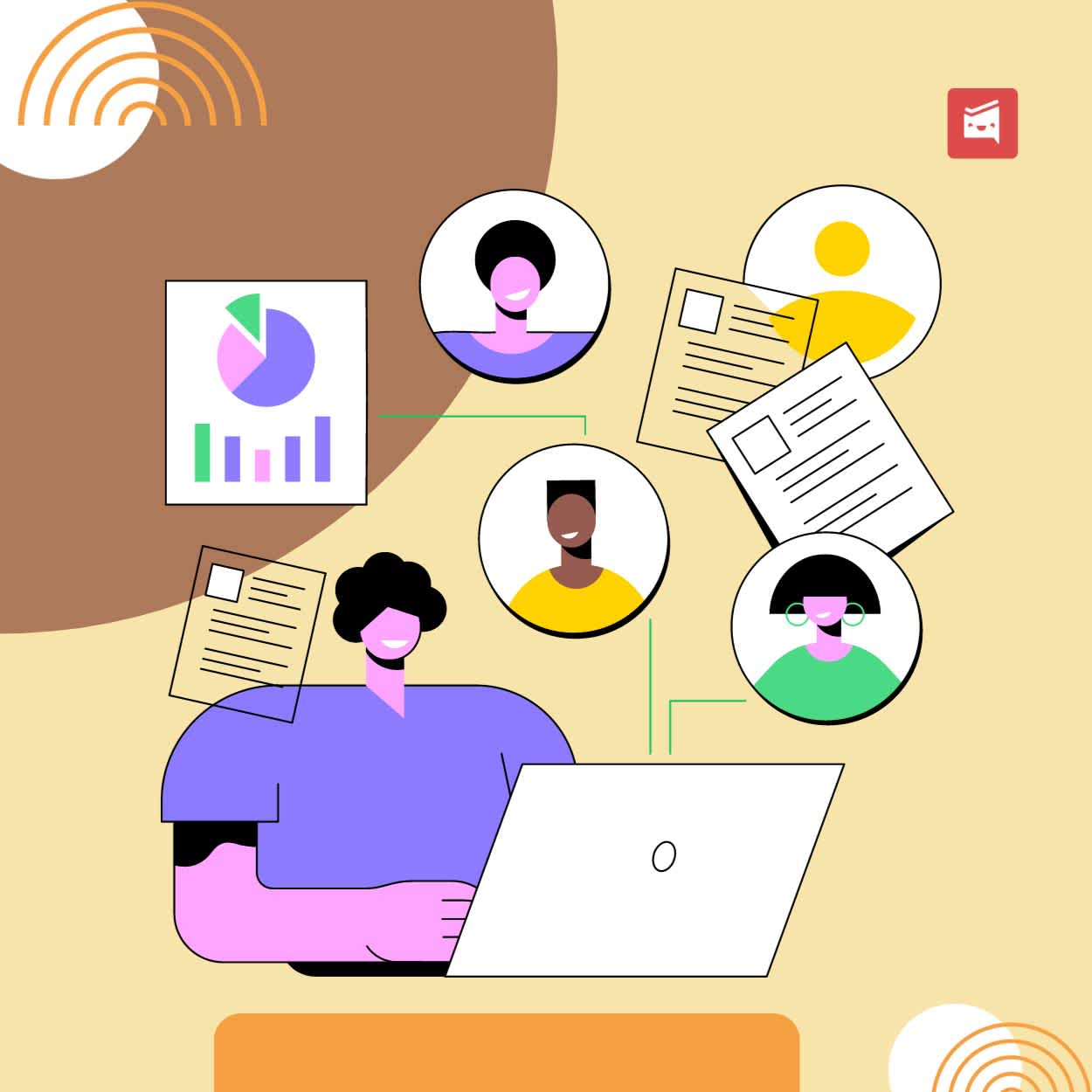The Evolution of HR Technologies and Their Impact
ByJulian Gette
Workast publisher

Workast publisher
As HR technologies continue to evolve, the impact they have on organizations around the world has become undeniable. With advancements in AI, automation, and analytics capabilities, HR teams are no longer solely focused on manual processes like hiring and onboarding. Instead, businesses now can leverage cutting-edge technology to improve efficient practices that drive performance throughout their organization as a whole – making a significant contribution to success.
The impact of these changes reaches far beyond the confines of the HR department, permeating the entire organization and becoming a key driver of overall success. Join us as we delve into the exciting evolution of HR technologies and their transformative impact on the corporate world.
Human Resources (HR) technologies have revolutionized the way HR departments operate. These technologies are designed to automate, streamline, and improve the efficiency of HR processes. In today's industry, HR solutions extend from recruiting and onboarding to performance management and employee development. The right software and cutting-edge HR technology solutions can help organizations save time, reduce costs, and create a more engaged and productive workforce. Earlier, HR personnel relied on paper forms and had to handle every aspect manually, making the process error-prone and time-consuming. But now, HR technology streamlines the entire HR functions, providing real-time data, insights, and analytics for effective decision-making, giving businesses the flexibility and agility they need in a rapidly changing environment. With AI-powered HR chatbots and virtual assistants, employees can communicate with HR personnel in seconds, providing them with the information and assistance they need as and when required.
The rise of cloud-based HR technologies and mobile apps has further accelerated the process, providing employees with any-time, anywhere access to HR processes and providing businesses with data insights for a more streamlined HR workflow. HR technology has come a long way, and it's here to stay!
Businesses across all industries are recognizing the importance of updating their HR IT systems. With the right HR technology, organizations can automate mundane and repetitive tasks, freeing up HR personnel's time to focus on more strategic initiatives. That aside, other top advantages of modern HR tech solutions are:
Increased efficiency and productivity
Streamlined processes and reduced human error
Improved data accuracy and reporting capabilities
Enhanced employee experience with self-service platforms
Insights from real-time data for enhanced decision-making
Cost savings and time savings
Compliance with regulations and legislation has improved
Customizable solutions to fit specific business needs
Ability to attract and retain top talent
These benefits highlight how HR technologies have become an essential tool for businesses to achieve their goals and drive success.
While current HR tech solutions have many benefits, you should be aware of the potential downsides and issues that organizations may experience when introducing new technology. Some disadvantages of modern HR tech solutions include:
Initial costs and ongoing maintenance fees
Potential for data breaches or security risks
Resistance to change from employees
Integration issues with legacy systems
Over-reliance on technology and loss of human touch
Carefully consider and address these potential challenges to ensure a smooth transition and adoption of new HR technologies within the organization.
Cloud computing has become a crucial component of HR technology with the recent transition to remote working. Cloud-based HR systems allow for seamless collaboration and communication between employees, regardless of their location. This technology also provides access to real-time data and analytics, allowing businesses to make data-driven decisions about their remote workforce.
Cloud computing has also made it easier for businesses to implement global HR strategies and break down geographical barriers. Now, employees can easily complete their tasks and stay connected with their colleagues and managers, promoting a sense of teamwork and collaboration.
In the recent past, AI has gradually taken over many business processes, and the talent management industry has not been left behind. AI-powered technologies and software that track and analyze data sets have made talent recruitment, training, and retention more accessible and efficient.
AI has enabled employers to leverage data analytics to identify and predict employee behaviors, enable continuous learning and development, and enhance employee engagement. It has also allowed employers to create more inclusive work environments, where diversity and inclusion are paramount. Clearly, AI has transformed the talent landscape and can help organizations achieve their long-term goals.
As technology continues to advance at a rapid pace, the future of HR technologies looks bright. Some trends to look out for in the next years include:
Increased use of AI and machine learning in HR processes
Greater emphasis on employee experience through personalized solutions
Integration of virtual and augmented reality for training and development purposes
Adoption of blockchain technology for secure data management
Use of predictive analytics to identify potential talent gaps or issues before they arise
Expansion of remote working capabilities through cloud-based and mobile solutions
Continued focus on data privacy and security
To drive their business forward in the future, organizations must stay up to date on the latest HR technologies and be ready to react to shifting trends.
Companies have been able to improve the efficiency of their operations by utilizing data analytics. In particular, the field of Human Resources has seen a significant shift towards utilizing analytics to improve services.
Data analytics allows HR departments to collect and analyze large amounts of data, providing valuable insights into employee behavior, performance, and engagement. This information can then be used to make data-driven decisions that maximize the potential of the workforce. From identifying top-performing employees to predicting attrition rates, data analytics plays a crucial role in HR services. It also helps businesses identify areas for improvement and make necessary changes to optimize their processes.
The evolution of HR technologies has dramatically reshaped the landscape of human resources, introducing an era of unprecedented efficiency, data-driven decision-making, and enhanced employee engagement. As we move forward, businesses must stay abreast of the latest advancements and strategically integrate these technologies into their HR workflows.
While challenges may exist, careful planning, continued learning, and adaptability can help organizations overcome these obstacles and fully reap the benefits of modern HR technologies. From AI and machine learning to cloud computing and data analytics, HR technology holds the key to the future of successful businesses.

